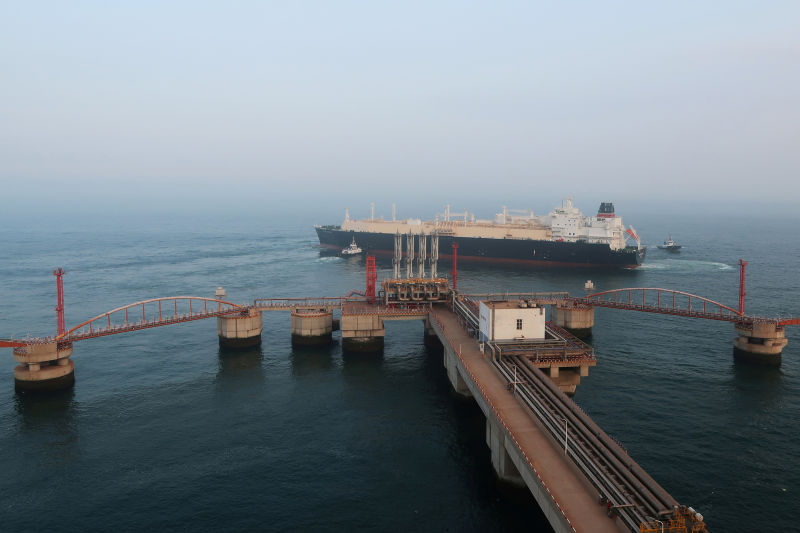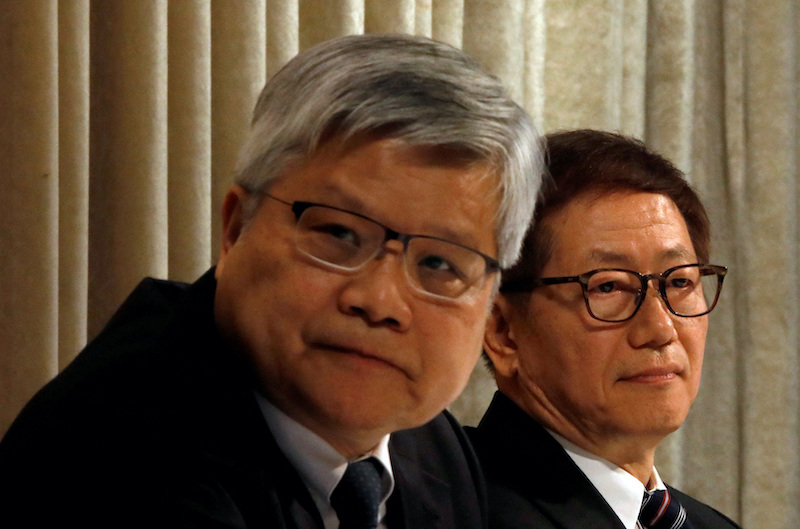China’s state economic planner has approved Hanas Group‘s plan to build a receiving terminal for liquefied natural gas (LNG) in the southeastern province of Fujian.
The terminal, estimated to cost 5.26 billion yuan ($829.8 million), will have an annual receiving capacity of 5.65 million tonnes of the super-chilled fuel, the National Development and Reform Commission (NDRC) said on Wednesday.
The terminal, to be built at the Meizhouwan port in Fujian province, will have one berth and two storage tanks each sized 200,000 cubic metres, the planner said in a statement posed on its website.
Based in the city of Yinchuan in the northern region of Ningxia, Hanas Group is engaged in piped-gas distribution, natural gas liquefaction and power generation.
Chinese firms are set to become a major trading force in the global LNG market in coming years, thanks to liberalisations at home and recently signed long-term contracts for record amounts of LNG from US suppliers.
Setting their sights beyond the domestic market, state-run Sinopec, Sinochem Group, privately-controlled ENN Natural Gas Co and China Gas are building up trading teams from Beijing to Singapore and London.
China’s push into the international LNG market comes two decades after it made a similar big splash in oil trading, and will put its firms in competition with established players like Shell, TotalEnergies and Vitol.
Last year, China’s LNG imports soared by 18% to a record 79 million tonnes, overtaking Japan as the world’s largest buyer.
China’s economic recovery from the Covid-19 pandemic was one factor, but the other was a pipeline reform that allowed more firms to become importers.
- Reuters, with additional editing by George Russell
READ MORE:
Australia’s Santos Plans LNG Projects as Profits Surge
Japan to Divert LNG to Europe as Backup for Russian Supply
Japan Asks Inpex for Help if Russia-Ukraine Conflict Hits LNG























